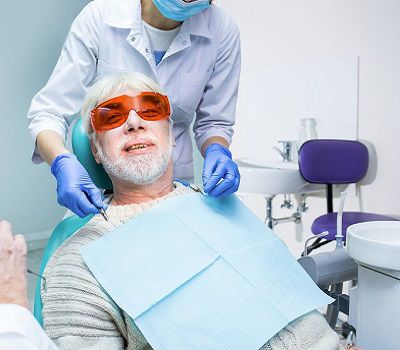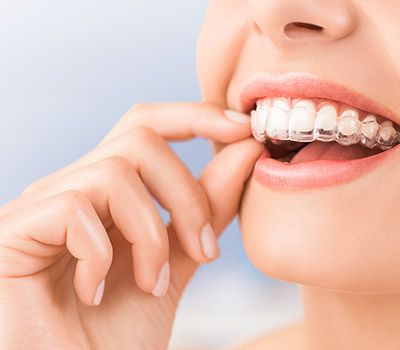Gum diseases can affect the oral health of a person to a large extent. They not only affect the gums, but the surrounding tissues as well, such as the teeth, jawbone, and other soft tissues of the mouth. If that weren’t enough, certain gum diseases would affect the overall health of a person, including blood sugar, blood pressure, heart conditions, etc.
Causes and symptoms
Plaque and tartar: The leading cause of periodontitis is the accumulated plaque and tartar on the surface of the teeth. The microbes in the tartar release acids that can decay the soft tissues of the gums, putting the nearby teeth at risk as well.
External trauma: External trauma to the mouth can damage the gums, leading to inflammation, bleeding, and possible cuts. If left untreated for long, these injuries allow the microbes in the mouth to infect the gum tissues, leading to gum diseases.
Smoking and chewing tobacco: Tobacco has hundreds of cancerous agents in it, which can not only cause gum diseases but oral cancer as well.
Some of the symptoms of gum disease include:
- Release of pus (formation of an abscess)
- Bleeding gums
- Pain in the teeth and gums, especially while chewing food and brushing the teeth
- Redness and swollen gums
- Receding of gums
- Teeth that seem to have loosened from their sockets
- Persistent bad breath that worsens with time
How can gum diseases be treated?
The treatment of gum diseases involves procedures such as removal of plaque and tartar from the teeth surface (scaling and root planing), gum pocket reduction, gum surgery (gum grafting), and providing the appropriate medication.
Scaling and root planing: These procedures intent to remove the plaque and tartar deposits from the surface of the tooth crown and root, respectively. After getting the procedures done, most patients feel a reduction in the severity of the gum disease. Also, the tissues would heal better under the absence of harmful microbes.
Gum pocket reduction: The gum pockets are the most common region for the growth of oral disease-causing bacteria. Most often, they feed off the food debris that gets deposited in them, making the gum pockets act as breeding grounds for the microbes. The gum pocket reduction surgery eliminates deeper pockets, which considerably reduces the risk of developing gum diseases.
Gum surgery: Gum surgery is widely recommended to replenish the volume of gum tissues and remove the infected tissues from it. We use a dental laser for this purpose, which vaporizes the infected tissues and instantly seals off the wound, thereby preventing any bleeding. Further, healthy tissues will be extracted from a different part of the mouth and grafted to the receded area.
Medication: Advanced medications are available today that control the extent of the infection. Arestin is one such powerful medication that is placed in between the gums and the root surface. Your dentist may also suggest certain oral pills.
To have a consultation with our dentists, please schedule an online appointment or call us, and we will be happy to help.









